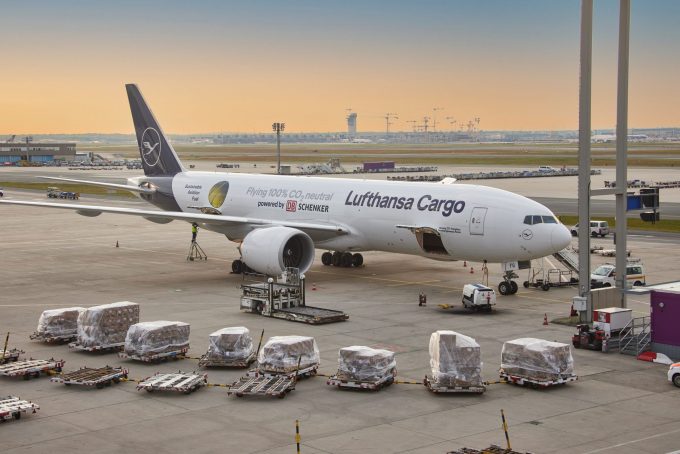Urbain lured from hibernation to save the day at Mærsk Logistics
He’s back

Patchy global supply of sustainable aviation fuel (SAF) has led Danish carrier Maersk to partner with Lufthansa Cargo, which has “very good access” at its hubs.
As part of the agreement announced today, Maersk will pay Lufthansa Cargo to use SAF on its behalf, with the carrier then able to pass the environmental benefits on to its airfreight customers that booked with ECO Delivery Air.
A Maersk spokesperson told The Loadstar SAF was often unavailable at airports where Maersk operates ...
Transpacific sees first major MSC blanks as rates fall and volumes falter
Volcanic disruption at Anchorage could hit transpacific airfreight operations
Shippers snap up airfreight capacity to US ahead of tariff deadline
White House confirms automotive tariffs – 'a disaster for the industry'
New price hikes may slow ocean spot rate slide – but for how long?
Supply chain delays expected after earthquake hits Myanmar
Tighter EU import requirements proving 'a challenge' for forwarders
Looming Trump tariffs will create 'a bureaucratic monster' for Customs

Comment on this article